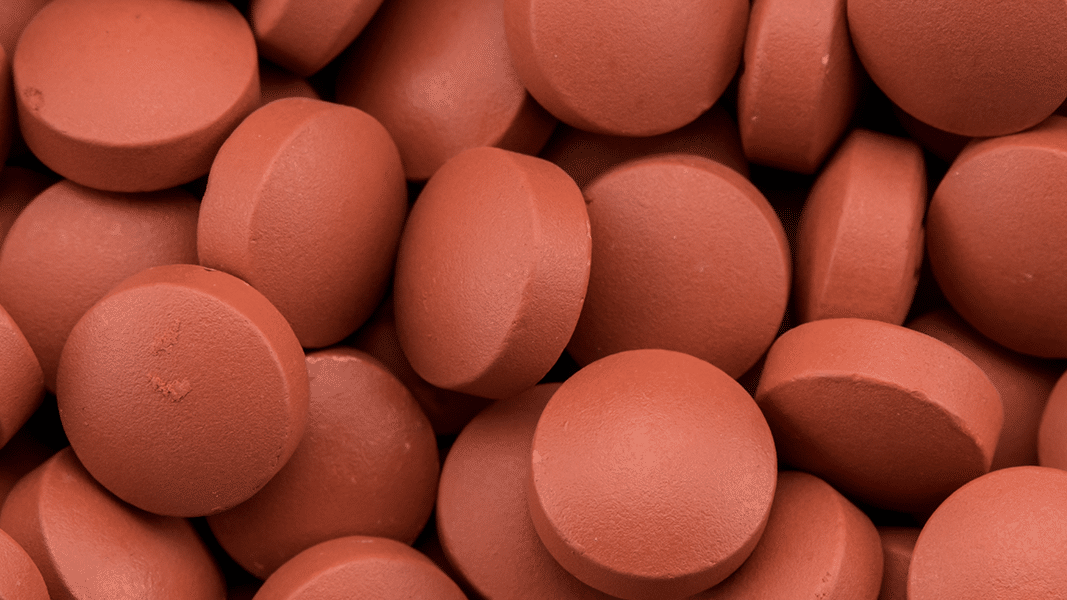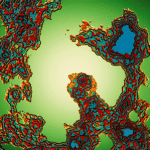Nonsteroidal antiinflammatory drugs (NSAIDs) are one of the most common classes of painkillers, which includes aspirin, ibuprofen, celecoxib, and other pharmaceuticals.
Their primary target is an enzyme called cyclooxygenase-2 (COX-2), which metabolizes many lipids (including endocannabinoids!) into a class of inflammatory molecules called prostaglandins. The side effects of NSAIDs are largely due to the inhibition of the related COX-1 enzyme, which can cause significant gastrointestinal problems. But ibuprofen distinguishes itself from other NSAIDs because it is also a FAAH inhibitor, meaning it slows the breakdown of anandamide and related molecules, including PEA and OEA. (These molecules are called fatty-acid ethanolamines.) A new paper by Italian chemists examines the molecular structure of ibuprofen, and explains how slight changes to ibuprofen’s structure can strengthen its ability to inhibit FAAH. Studying the so-called “structure-activity relationship” of existing drugs, as these scientists have done, aids the development of new pharmaceuticals.
Read study: Benzylamides and piperazinoarylamides of ibuprofen as fatty acid amide hydrolase inhibitors
Adrian Devitt-Lee is a research scientist and longtime Project CBD contributor. © Copyright, Project CBD. May not be reprinted without permission.







